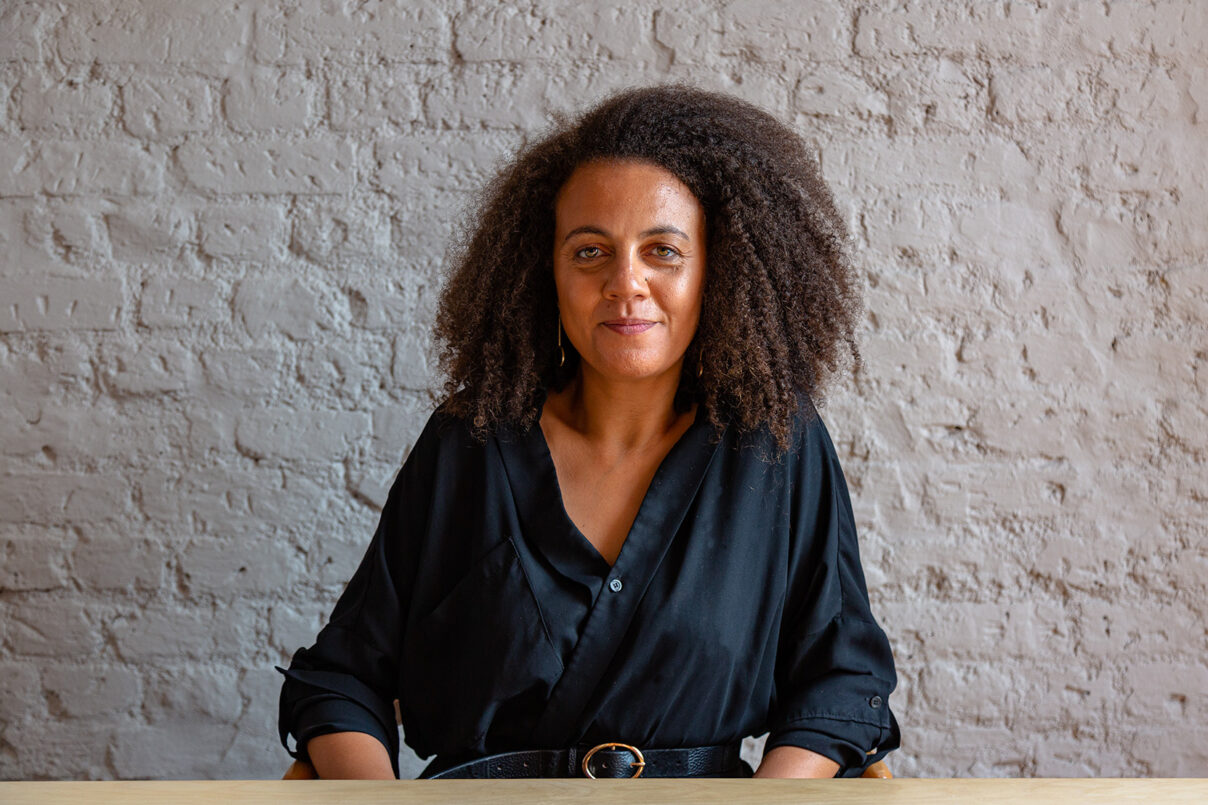20 Years of MSW – Carlene Firmin
As we celebrate 20 years of the Master of Social Work (MSW), let’s meet Carlene Firmin, Professor of Social Work, who convenes the Social Work in Practice module as well as overseeing the delivery of the Contextual Safeguarding research programme in Durham University’s Department of Sociology.

Please tell us about your role within Sociology/MSW.
I am Professor of Social Work. I convene the Social Work in Practice module as well as oversee the delivery of the Contextual Safeguarding research programme.
What is your research specialism / areas of interest?
My research specialism is social work with adolescents and safeguarding responses to abuse that occurs beyond families. I founded the concept of Contextual Safeguarding and oversee research to track its implementation into policy and services across the UK and internationally.
How did you become involved with MSW?
I joined Durham in 2021 as their Professor of Social Work
Why are you so passionate about Social Work and the work your department does?
I believe that social work has the potential to change lives and to centre children’s needs and best interests in places and spaces where these things can be overlooked and forgotten. The Social Work department team at Durham embodies this. Based in a sociology department we foreground a commitment to: social justice; research and education that transforms systems, services and lives; always being curious in ways, to paraphrase the great Maya Angelou, to know better and then to do better.
How does your work impact communities / the world around you?
My work has transformed how services respond to young people at risk of harm beyond their families. Historically, social work practice in these situations would have focused on building a parent’s capacity to better protect their child; now in many areas around the UK, and internationally, social workers focus on building the collective capacity of a range of organisations and individuals to build safety around young people, in the peer groups, schools and public places where they spend their time. In the process we are rewriting the rules of child protection, and reframing state responsibility for keeping children safe from all forms of abuse.
What’s been your proudest moment working on the MSW?
Co-designing and testing the first child protection pathway for overseeing support for children at risk of significant harm beyond their family homes. It is something we have called for since 2019, and to see it being implemented, hearing feedback from parents and young people, and see it being recommended by multiple policymakers has shown me that we are really making a difference.
What would you say to something thinking about working in Social Work?
If you care about children, families and/or their wider communities, and believe they have a right to thrive and not just survive, then what are you waiting for? Do it – and join Durham to do so.
How has your subject changed in the last 20 years? Or have the key fundamentals stayed the same?
A commitment to social justice has always grounded social work, but at times it has been drowned out by other agendas. It has been exciting to see a resurgence in national conversations about this over the last decade, and a desire to reconnect social work with relationships and rights.
A big shift that I have been involved in has been the role of social work in responding to more ‘contemporary’ forms of harm; particularly extra-familial harm that occurs more readily during adolescence. The increased presence of social workers in responding to this issue has placed new demands on the profession, albeit ones that align with the fundamental objectives of social work ethics and objectives.
Find out more
- Carlene Firmin is a Professor of Social Work. If you would like to find out more about Josie, visit her profile.
- Find out more about Carlene’s research programme here – Contextual Safeguarding Research Durham University
- Watch Carlene’s TedX Talk here – Contextual Safeguarding: Re-writing the rules of child protection | Carlene Firmin | TEDxTottenham – YouTube
- If you’d like to share your story or insights into your work, visit our Submit a blog or vlog page to learn more.
